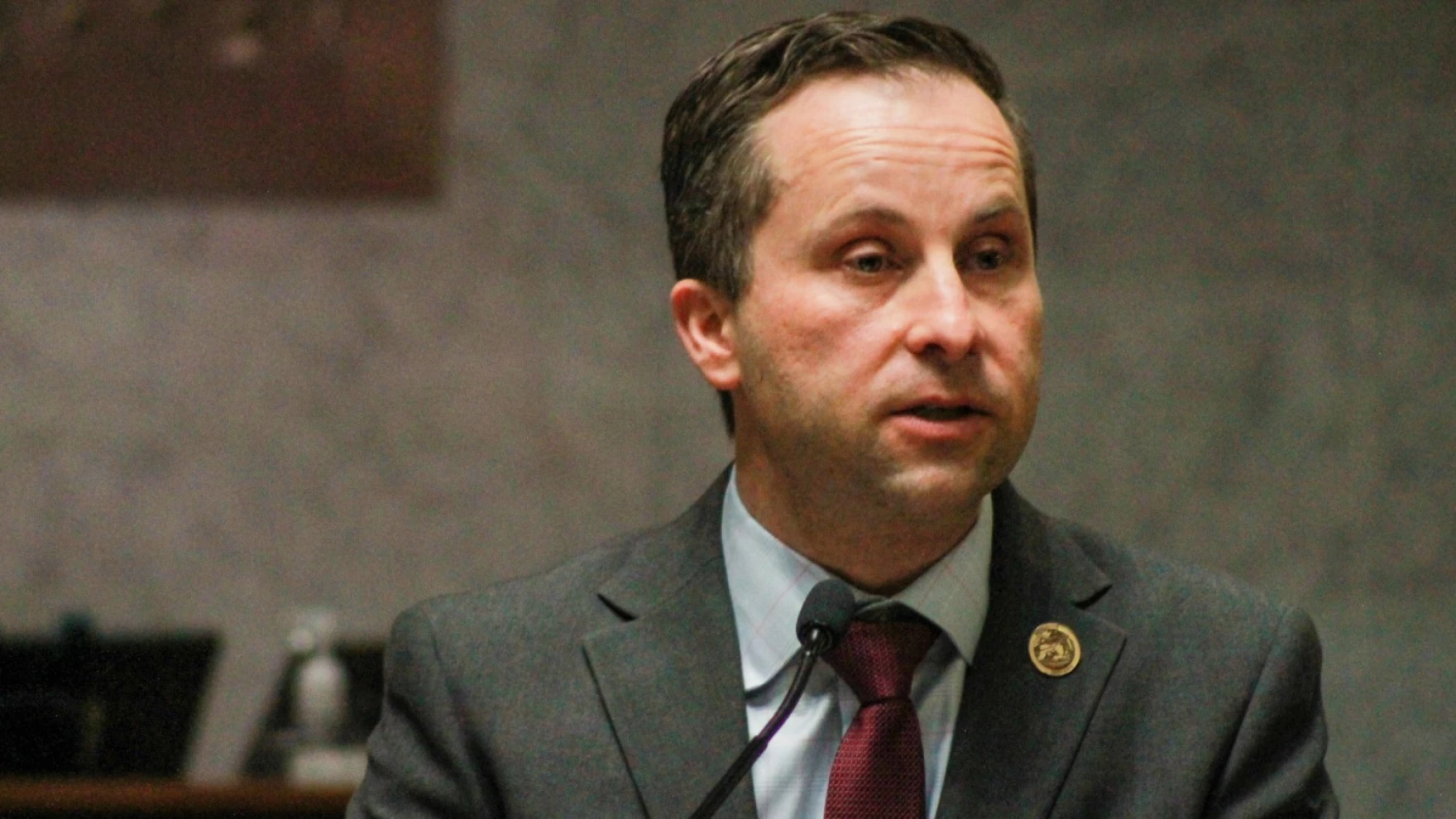The Department of Health and Human Services (HHS) is one of the most important federal agencies in the United States. It plays a critical role in protecting the health of all Americans and providing essential social services. Since its establishment in 1953, the department has evolved to meet the changing health needs of the country, shaping policy and overseeing programs that impact millions of lives.
HHS began as the Department of Health, Education, and Welfare but was renamed in 1980 after education became a separate department. Headquartered in Washington, D.C., it is led by the Secretary of Health and Human Services, a cabinet-level official appointed by the President and confirmed by the Senate. The department’s mission is to enhance the health and well-being of Americans by delivering effective health and human services and fostering advances in medicine, public health, and social services.
The scope of the Department of Health and Human Services is vast. It oversees a wide range of programs that provide health insurance, promote disease prevention, support medical research, and ensure the safety of food and drugs. Among its responsibilities is the administration of major healthcare programs such as Medicare and Medicaid, which provide coverage to seniors, low-income families, and other vulnerable groups. The department also manages the federal health insurance marketplaces under the Affordable Care Act (ACA), making it a central player in the nation’s health care system.
Within HHS are many specialized agencies that handle specific areas of health and human services. The Centers for Disease Control and Prevention (CDC) focus on controlling disease outbreaks, conducting public health surveillance, and preparing for health emergencies. The Food and Drug Administration (FDA) regulates the safety and effectiveness of food products, medicines, medical devices, and cosmetics. The National Institutes of Health (NIH) is the nation’s leading medical research agency, funding and conducting studies that aim to improve health outcomes. Other key agencies include the Centers for Medicare & Medicaid Services (CMS), which administers health coverage programs, and the Substance Abuse and Mental Health Services Administration (SAMHSA), which addresses issues related to mental health and substance abuse.
One of the department’s essential roles is in healthcare policy. HHS sets rules that affect enrollment periods for health insurance, eligibility for programs, and subsidy distribution under the ACA. These policies can influence the accessibility and affordability of healthcare for millions of Americans. For example, changes in enrollment rules or eligibility criteria can have significant effects on who can obtain health insurance and under what conditions. HHS also enforces regulations that protect consumers and taxpayers, ensuring fairness and accountability within the healthcare system.
The Department of Health and Human Services manages a large budget, often exceeding $1 trillion, reflecting its broad responsibilities and the scale of the programs it supports. It employs tens of thousands of people across the country, from healthcare experts and researchers to policy specialists and administrative staff. This workforce works to ensure that public health initiatives are implemented effectively and that services reach those in need.
Recent actions by HHS have included responses to the COVID-19 pandemic, updates to ACA regulations, and efforts to improve mental health services and combat substance abuse. These initiatives highlight the department’s vital role in addressing current public health challenges and adapting to new needs. However, HHS policies sometimes become subjects of political debate, as seen in controversies over healthcare coverage rules and public health mandates. These debates reflect the high stakes involved in the department’s work and the importance of health policy in the lives of Americans.
The Department of Health and Human Services stands at the center of America’s efforts to improve health, prevent disease, and provide essential human services. Its work impacts millions daily, from managing life-saving programs to advancing research and ensuring the safety of food and medicine. As health challenges evolve, HHS continues to adapt its policies and programs to meet the needs of the nation, making it a cornerstone of public health and welfare in the United States.







